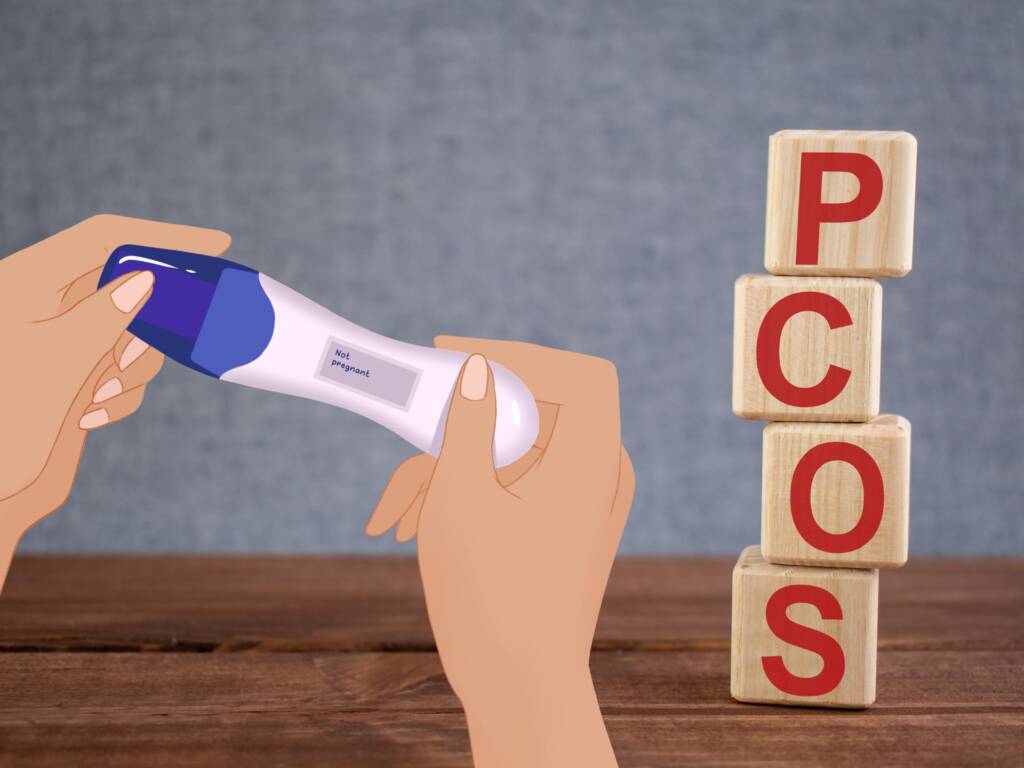Polycystic Ovary Syndrome (PCOS) is a hormonal disorder affecting many women of reproductive age. Characterized by irregular menstrual cycles, elevated androgen levels, and polycystic ovaries, PCOS can pose challenges to conception. However, with informed strategies and medical support, many women with PCOS successfully achieve pregnancy.
Understanding PCOS and Its Impact on Fertility
PCOS disrupts the normal ovulation process, leading to irregular or absent menstrual cycles. This anovulation is a primary cause of infertility in women with PCOS. Additionally, insulin resistance, common in PCOS, can exacerbate hormonal imbalances, further hindering ovulation.
Success rates for FET can vary based on several factors:
- Age: Younger women generally have higher success rates.
- Embryo Quality: High-quality embryos increase the likelihood of successful implantation.
- Uterine Health: A receptive endometrial lining is crucial.
On average, FET success rates range between 50% to 70% per cycle. Some studies suggest that FET may offer comparable or even higher success rates than fresh embryo transfers due to better synchronization between the embryo and the uterine environment.
- Maintain a Healthy Weight
Achieving and maintaining a healthy weight can restore regular ovulation. Even a modest weight loss of 5-10% can significantly improve menstrual regularity and increase the likelihood of conception.
- Adopt a Balanced Diet
A diet rich in whole grains, lean proteins, fruits, and vegetables can help manage insulin levels and support hormonal balance. Limiting processed foods and sugars is also beneficial.
- Engage in Regular Physical Activity
Regular exercise improves insulin sensitivity and aids in weight management. Activities like brisk walking, swimming, or yoga can be effective.
- Monitor Ovulation
Tracking ovulation through basal body temperature, ovulation predictor kits, or regular ultrasounds can help identify the fertile window, optimizing the timing for conception.
- Medical Treatments
- Clomiphene Citrate (Clomid): Often the first-line treatment to induce ovulation in women with PCOS.
- Metformin: Primarily used to treat type 2 diabetes, metformin can improve insulin resistance and may aid in restoring regular ovulation.
- Letrozole: An alternative to Clomid, letrozole has shown effectiveness in inducing ovulation in women with PCOS.
- Assisted Reproductive Technologies (ART)
If ovulation induction therapies are unsuccessful, ART methods like In Vitro Fertilization (IVF) may be considered. IVF has shown success rates of 20% to 40% per cycle in women with PCOS.
- Supplements and Alternative Therapies
- Inositol: A supplement that may improve insulin sensitivity and support ovulation.
- N-Acetylcysteine (NAC): An antioxidant that may enhance fertility by improving ovulation rates.
Acupuncture: Some studies suggest acupuncture can help regulate menstrual cycles and improve fertility in women with PCOS.

FAQs
Yes, many women with PCOS conceive naturally, especially with lifestyle changes that promote regular ovulation
Losing even a small percentage of body weight can restore ovulation and improve fertility outcomes.
Some treatments may increase the risk of multiple pregnancies or ovarian hyperstimulation; it’s essential to discuss risks with a healthcare provider.
No, many women respond well to ovulation induction therapies and conceive without IVF.
If under 35, consult a doctor after a year of trying; if over 35, seek advice after six months.
Conclusion
While PCOS can present challenges to conception, a combination of lifestyle modifications, medical treatments, and supportive therapies can significantly enhance fertility. Collaborating with healthcare providers to develop a personalized plan increases the likelihood of achieving a successful pregnancy.




